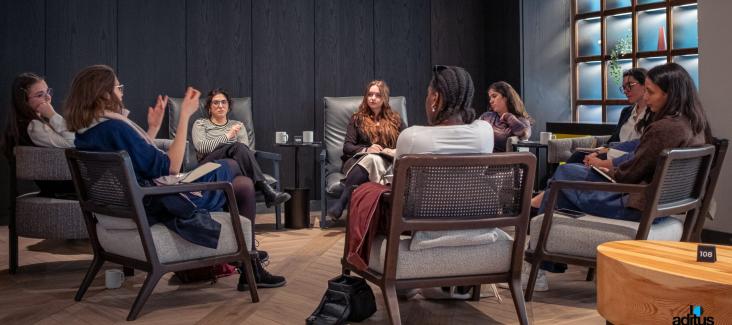Sign up
to our news and analyses on direct democracy worldwide.

Transnational participation: the role of the EU in boosting inclusivity
The set of recommendations proposed by the participants of the EU for Global Transnational Citizens’ Panel in Qawra, Malta, hosted by partner organisation aditus Foundation.
